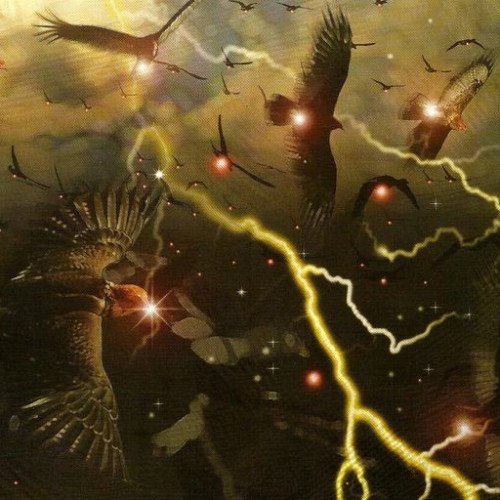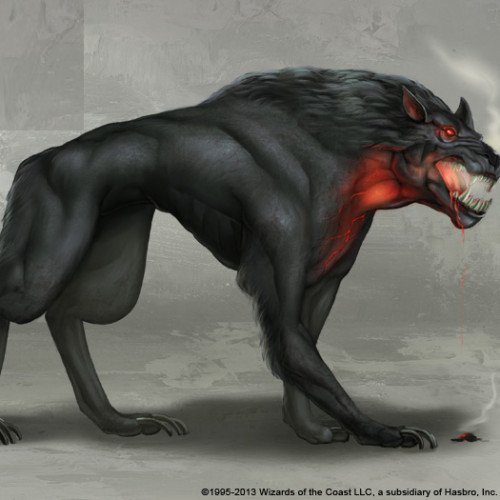Ababil (mythology) VS Hellhound

Ababil (mythology)
Ababil (Arabic: أبابيل, romanized: abābīl) means a flock of birds. It refers to the miraculous birds in Islamic belief mentioned in Sura 105 of the Quran that protected the Kaaba in Mecca from the Aksumite elephant army of Abraha, then self-styled governor of Himyar, by dropping small clay stones on them as they approached. In the translation of sahih international, the phrase "tayran abābīl(a)"(طَيْرًا أَبَابِيلَ) is translated as "Birds in flocks" that is mentioned in the verse 105:3. The event is said to have occurred in 570, the year that the Islamic prophet Muhammad was born.
Statistics for this Xoptio

Hellhound
A hellhound is a supernatural dog in folklore. A wide variety of ominous or hellish supernatural dogs occur in mythologies around the world. Features that have been attributed to hellhounds include mangled black fur, glowing red eyes, super strength and speed, ghostly or phantom characteristics, and a foul odor. Certain European legends state that if someone stares into a hellhound's eyes three times or more, that person will surely die. In cultures that associate the afterlife with fire, hellhounds may have fire-based abilities and appearance. They are often assigned to guard the entrances to the world of the dead, such as graveyards and burial grounds, or undertake other duties related to the afterlife or the supernatural, such as hunting lost souls or guarding a supernatural treasure. In European legends, seeing a hellhound or hearing it howl may be an omen or even a cause of death. They are said to be the protectors of the supernatural, guarding the secrecy of supernatural creatures, or beings, from the world.